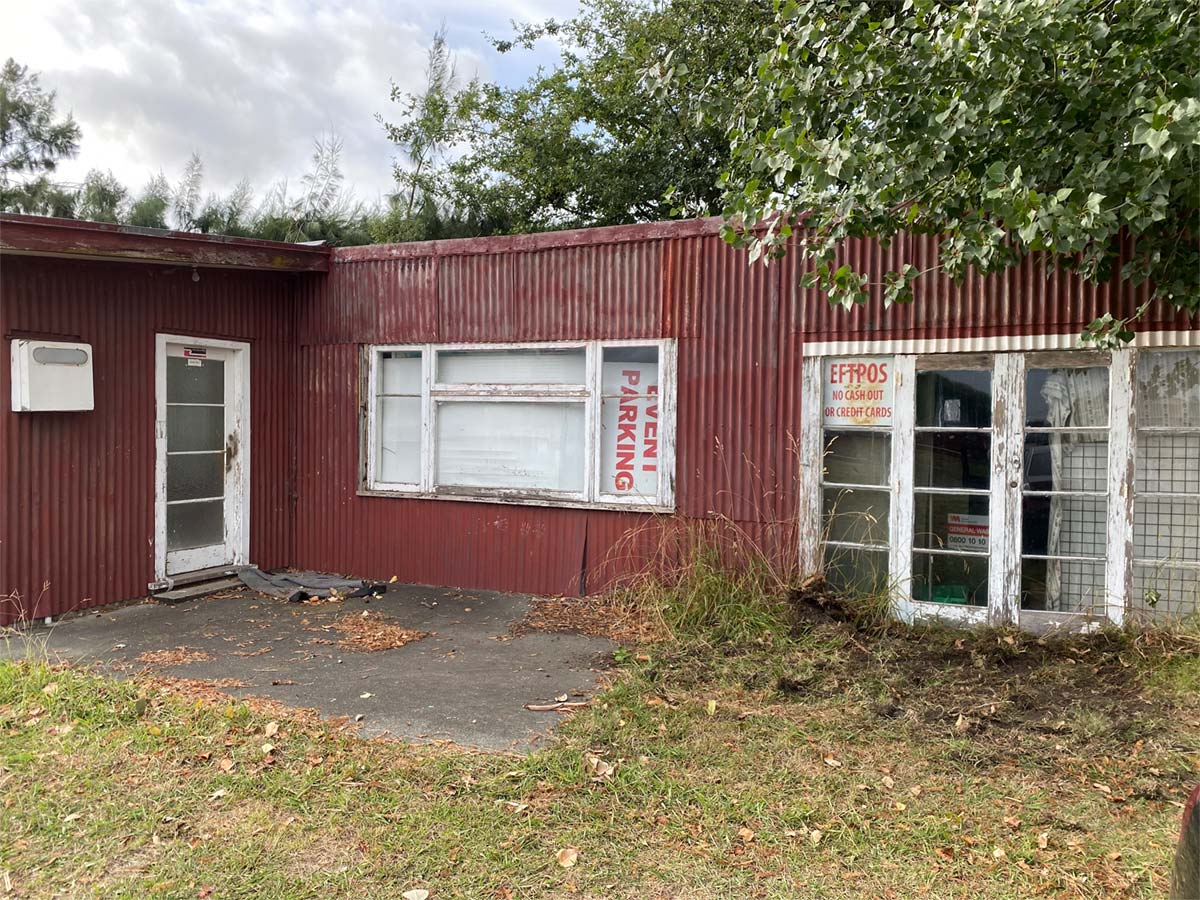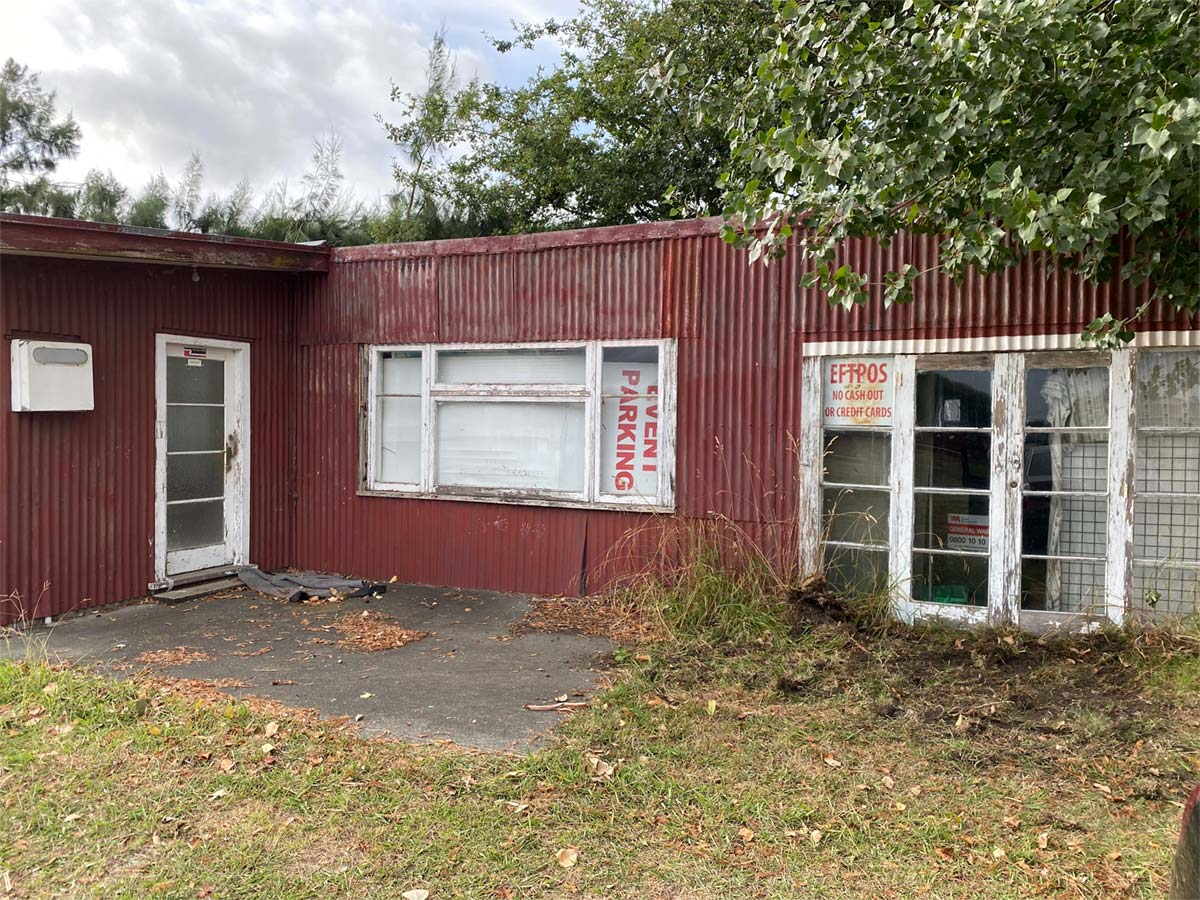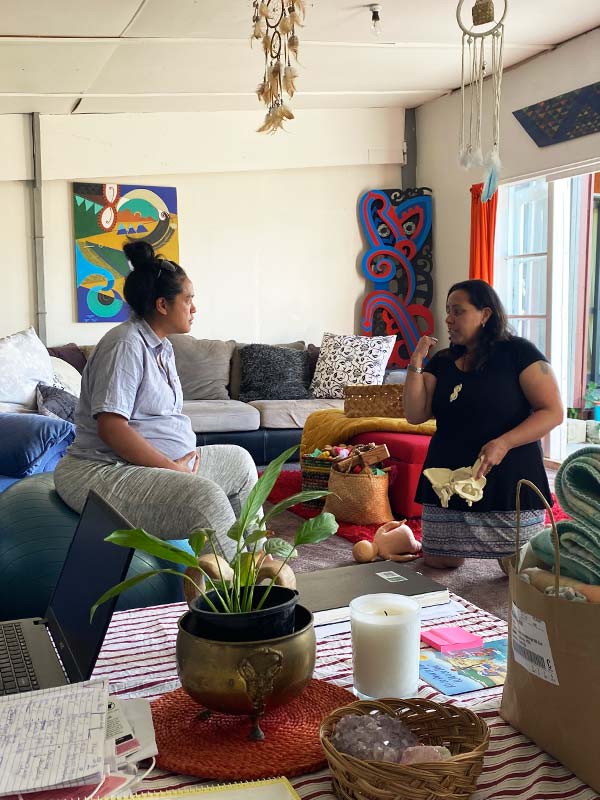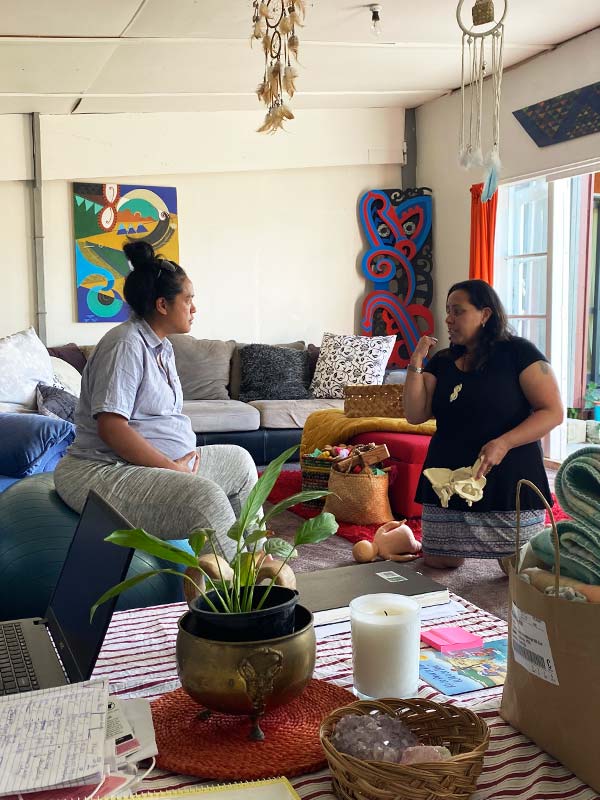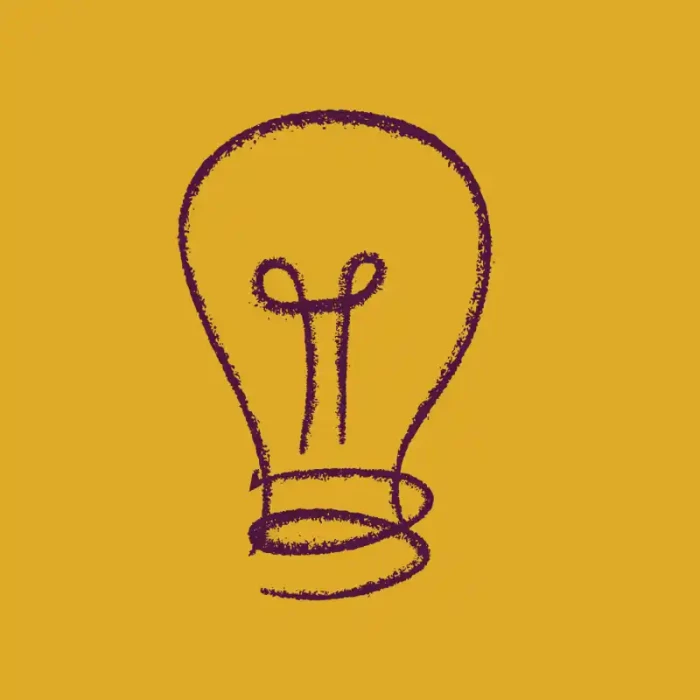
Bringing it back to community

06 March 2022
How one pilot programme is changing the lives of new māmā.
When Dr Aria Graham explains her model pilot on child and maternal wellbeing to anyone, they often laugh and say it’s almost so simple it’s too difficult.
“You describe it to someone and they say ‘is that it’, but it’s just about love and aroha and accepting people for who they are,” says Dr Graham.
Her pilot programme, Mamia, the only one of its kind in the country, is now having a profound impact on new young māma and pregnant wāhine and their pēpi in Hastings. Although based in Hastings, Mamia is reaching and serving the wider area and wāhine are visiting or connecting from Hastings, Napier, Havelock North, and even Australia.
Having transformed a shed out the back of the Waipatu Marae into a home-away-from-home, with the help of the community, wāhine are now free to come into the space any time they like. Some are referred to the pilot, others are brought in by whānau or come in alone. In the space they can meet other young māmā or pregnant wāhine. They can enjoy hot kai or rest while one of the ama (volunteers) takes their baby for respite.
Wāhine from the community are invited to awhi and support māmā, with some modelling mothering skills, and anything from cooking and gardening to teething tips.
From the more than 200 women who have connected with and are supported by Mamia, the impacts have been felt far and wide.
“They’ve told me they have a feeling of being at home and they can’t wait to come back.”
How Mamia came to be
Dr Graham’s passion for nurturing and supporting wāhine began early in her career as a registered nurse in Well Child Tamariki Ora practice.
“It was here that I really cut my teeth working under kaupapa Māori, alongside whānau who were challenged and disadvantaged. I was so fortunate to be raised on the marae in a tight, loving whānau with a Nanny and Papa and aunties and uncles. So when I met whānau in the community who didn't have these support systems and were alone and disconnected, I was shocked and saddened. I was like wow, there are Māori not quite like me.”
Dr Graham says more support and care was required for child and maternal health than what was being offered, which included help with breastfeeding, post-natal depression, and developmental needs. It also needed to be delivered in a kaupapa Māori way.
I just kept thinking it’s not enough. It met the needs of whānau who were resourced and confident enough to access mainstream health providers but for some young mothers it just didn’t work. After core checks, we still left them alone and that troubled me.
Later, she was encouraged to study towards a Doctor of Philosophy (PhD) centred around Māori mother’s experiences of wellbeing surrounding the birth of their first child.
From the findings of her PhD she formed the Mamia model.
Building community capacity
Dr Graham’s aim is to shift out of a reliance and psyche that improving health and social needs for Māori must be done through the mainstream health service.
“Mamia is building capacity within the community, so community do the caring of whānau and in that way build community responsibility.”
Through funding from Tākai, Dr Graham is now working to set up new avenues to expand their support services.
Her dream would be to have the programme rolled out across the motu, with communities taking the model and creating their own based off community needs and tribal context.
“It’s about moving upstream on issues. Get in there and support the heart of the whānau, which is the mother, which is then supporting the next generation.”
Mamia: A marae-based 'home away from home' (transcript)
Speaker 1:
Mamia is a place that you can wrap around people and support them in many ways. It's like you're coming home to Nan's house. They welcome you with open arms as soon as you walk into the door.
Calais Paku:
You get a whānau within a whānau, which is beautiful. You have your own community here where you feel safe to be, just you.
Speaker 2:
It's such a neat place, lots of connection and I just feel so uplifted when I go home as well.
[Music]
[Text on screen: Waipatu Marae, Hastings]
[Text on screen: Dr Aria Graham, Founder, Mamia]
Dr Aria Graham:
Mamia is a kaupapa. It's a home, away from home for wāhine who are hapū, their partners, their whānau, and really anyone who wants to be part of Mamia and utilise the kaupapa that we have here around connection, around valuing and loving others around aroha, just believing in others, nurturing them. That's what Mamia is about and it's about looking after our little babies, our pēpi and our tamariki who are our future and doing that through their parents, especially our new parents who may be young and may be a little disconnected or have a lack of social or whānau support. So that's what Mamia provides.
We'd converted on the marae what was a tractor shed into a home away from home, a kāinga, based on the findings of the PhD, based on my nursing practice and experience, based on what I knew about whānau and tikanga and kawa and mātauranga Māori.
Speaker 3:
She says we're looking for a place in town, I says bring it on the marae and let's just do it from the back of the marae and build ourselves up. So we did. The name came from our grandparents, how they used to address each other, mamia and papia. So we thought it was appropriate to use some of our own metaphors for what we're trying to do today and here we are.
Speaker 4:
I found out about Mamia through my aunty Moana. So she's been quite involved in my life for a really, really long time. And when I found out I was pregnant, it was really scary. I didn't plan on having any more children. She helped me quite a lot with that and told me about Mamia and I made the choice to come to a yoga session one day. That was my first time coming and it ended up becoming like a safe place for me throughout my pregnancy.
Speaker 3:
It gives them a cultural base. It gives them a touch earth, planet earth, through a marae, Māori lens. It allows them to relax amongst the other hurly burly of the world because as everything else is sort of in turmoil, it gives a quiet place to reflect, to dream and to nurture.
[Text on screen: Mona Walford, Learning Facilitator, Mamia]
Moana Walford:
Māmā can expect that we've got time, that we are authentic in our care and our love, that the whare is always warm and welcoming, that there's always a hot kai, there's always refreshments, there's always resources and supplies and also there is, you know, if people need referrals or information, education, then that's all here too. And it might even just be a couch to sink into or a bed to sleep in. So there's always arms. And what's beautiful is that it's always māmā led. So we don't come into their space, we don't assume. We are there, we unfold and they just step into us if they like. And yeah, they lead the way.
Speaker 3:
Mamia has probably made me a bit more social. A bit more willing to put myself out there. So because Dayton is with me 24-7, I've noticed that he gets to socialise with other babies. He loves it here. He knows that this is his space because whenever we come, he's just vibrant and happy and he just tries to, it's like he owns the place really.
[Text on screen: Calais Paku, Kaiwhakahaere Papamahi]
[Text on screen: Courtney Diehl, Kaimahi, Mamia]
Courtney Diehl:
The biggest thing that I see is that mums are able to just be themselves. They don't have to come in and pretend that they're okay. They don't have to come in and show that everything's going along how it should be. It's not textbook and they come in, they're exhausted, they're hungry, they want to shower, but they're not judged for that.They're just welcomed in and helped.
Speaker 1:
Because I'm not from here, meeting a lot of people from this marae and learning these stories, it's cool and connects me to this place a little bit more, just feels home.
Speaker 2:
It doesn't matter if you're feeling upset, you need to be uplifted you need to talk about something. It's just that whole wraparound care that mums need and they get. It's somewhere where I didn't think I belonged and I just fit right in. It's so nice.
Speaker 3:
Most of all, it's, "Aroha, aroha ki te pēpi, aroha ki te māmā, aroha ki te ana."
Moana Walford:
They are learning their mothering voice, their intuition, they're learning to trust themselves and they also build each other up. So that's a beautiful thing. It's that there's tuakana-teina that we see happening where a new mum may come very afraid, but then another older mum who's been here a while will come and support her. It's beautiful that it's like we're building capacity within the māmā. And it only comes from relationship. And our babies are seeing the mums socialise, babies are seeing other babies. So it really is like being in a Māori environment that a lot of us have grown up with. And I guess those who are Māori who didn't have that experience, when you come here you feel it. And even when you're non-Māori, you feel it. So it's just a win-win for everyone.
Speaker 3:
We need to say that this is a model that other marae shouldn't be frightened of adopting.
Dr Aria Graham:
If someone in another community, on another marae, in another rohe, in another area, can see value in the model where they might say, "Hey, we want something that's tikanga-based, utilises mātauranga Māori, is centred around aroha, manaaki. I think if we can provide those things and just love, you know we can make a real difference at the end of the day. When we see whānau having a positive experience for their wellbeing through Mamia, yeah, that just makes it all worthwhile.
[Music]
[Graphic: Tākai logo]
[Text on screen: This community initiative is funded by Tākai]
